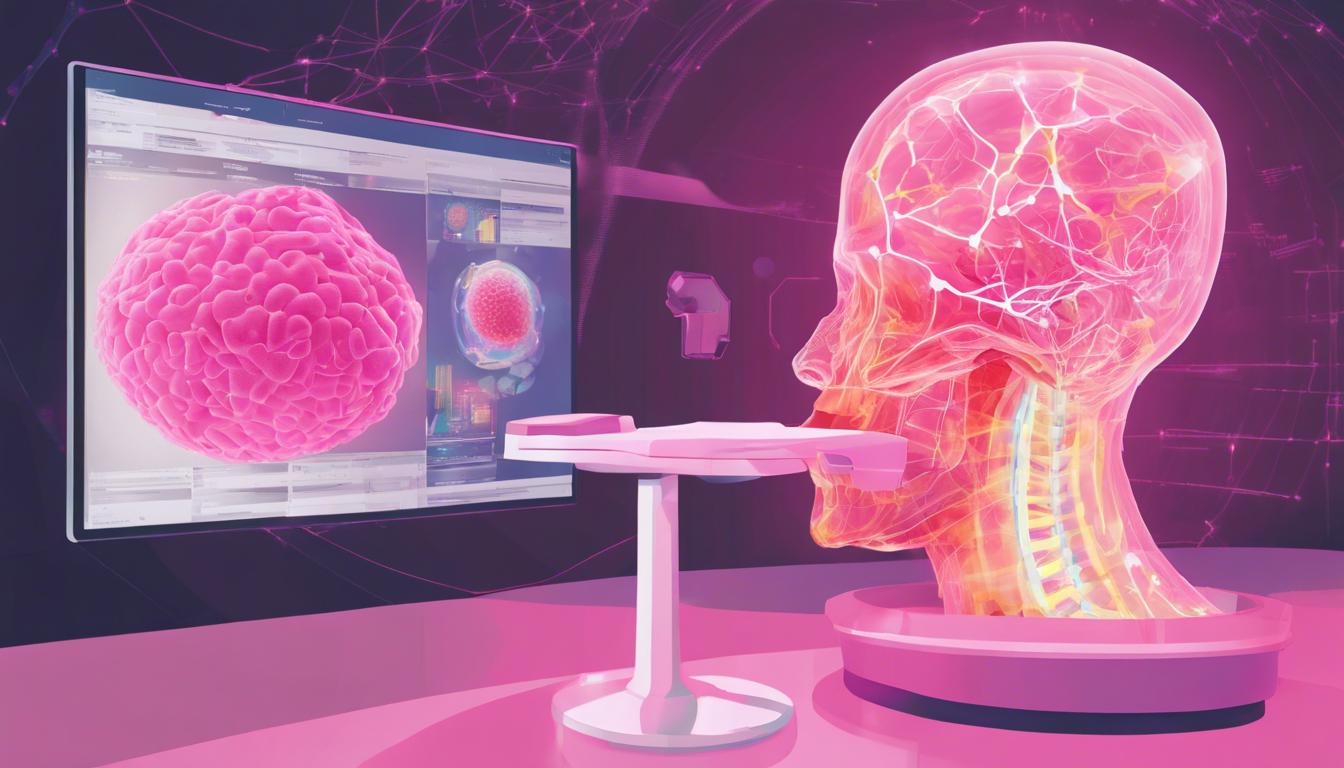An innovative NHS artificial intelligence tool, Mia, has been highlighted for its potential in enhancing breast cancer detection, showcasing early success in identifying overlooked cases and reducing diagnosis waiting times.
An NHS AI tool named Mia has shown promise in detecting breast cancer by identifying 11 cases that were overlooked by doctors during mammogram scans. Conducted in the UK, this recent trial underscored the potential of artificial intelligence in improving early cancer detection and treatment processes. Mia’s success includes the early detection of a 6mm tumour in a patient named Barbara, enabling less invasive treatment. The AI has the capability to significantly reduce waiting times for mammogram results from 14 to just three days, enhancing the efficiency of diagnoses and potentially easing the workload on radiologists. Despite the positive outcomes, limitations such as the absence of access to patient histories and restricted machine learning due to health regulations have been noted. Further research is deemed necessary to fully integrate AI like Mia into healthcare services. This development is part of a broader trend in the UK, where multiple AI trials are exploring technology’s role in diagnosing a range of medical conditions, indicating a promising future for healthcare innovation.
In Japan, a rapid increase in cases of streptococcal toxic shock syndrome has raised public health concerns, with the number of reported instances soaring from 200 to over 900 within a year. This rare but severe condition, which affects most of the country’s prefectures and has a 30% mortality rate, has left medical experts searching for causes behind the outbreak. The syndrome, characterized by symptoms such as high fever, muscle aches, and a distinctive rash, requires immediate medical attention due to its life-threatening nature. This increase coincides with a surge in scarlet fever cases, an infectious illness primarily impacting children under 10, marked by sore throat, fever, and a rash. Antibiotic treatment and good hygiene practices are essential for managing and preventing scarlet fever. Japanese health authorities are actively working to address and mitigate the spread of these streptococcal-related diseases amidst growing concerns over their rapid escalation.













